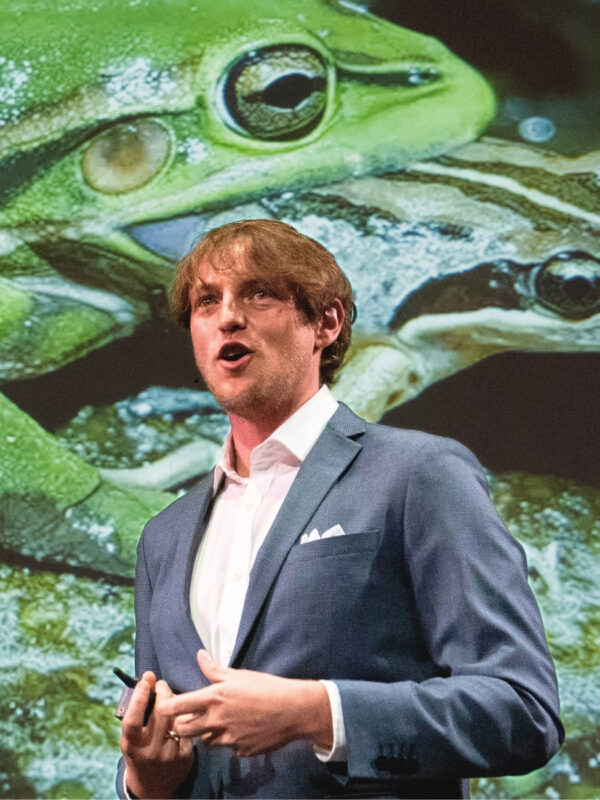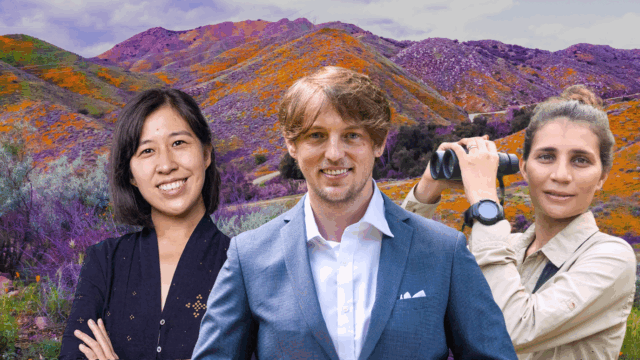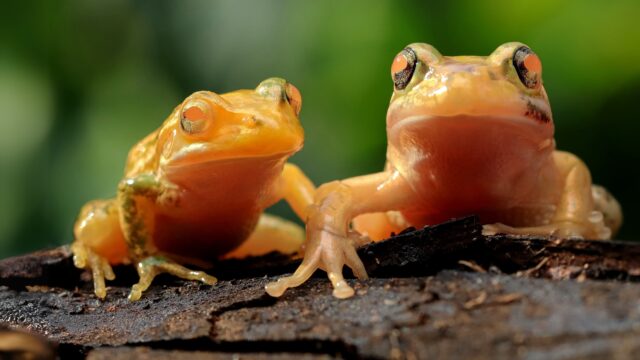
Anthony Waddle is a pioneering amphibian conservation researcher dedicated to transforming how we protect endangered species from one of the greatest threats to biodiversity: the amphibian chytrid fungus (Batrachochytrium dendrobatidis). This deadly pathogen has spread globally from Asia via the global trade of amphibians, causing catastrophic declines and extinctions.
Anthony’s passion for wildlife was ignited during childhood adventures in the Mojave Desert with his grandfather, a talented photographer who transitioned from high-profile assignments such as Elvis Presley’s wedding to relatively humble evenings photographing landscapes with his grandson. Among those arid landscapes, Anthony discovered resilient amphibians thriving in one of the harshest environments — a revelation that shaped his lifelong quest to save these vulnerable creatures.
During his early academic training at the University of Nevada, Las Vegas, Anthony discovered firsthand how chytrid devastates amphibian populations. His groundbreaking, practical research has led to real-world conservation solutions — from developing immunizations and creating passive habitat shelters, known as “frog saunas,” to cutting-edge genetic interventions that enhance disease resilience. An interdisciplinary innovator, Anthony draws on expertise from a growing list of scientists, including immunologists, ecologists, engineers and molecular biologists.
In 2022, he earned his Ph.D. from the University of Melbourne and is now a Schmidt Science Fellow at Macquarie University’s School of Applied BioSciences, where he continues to lead transformative conservation initiatives — saving amphibians and redefining the future of biodiversity conservation.



